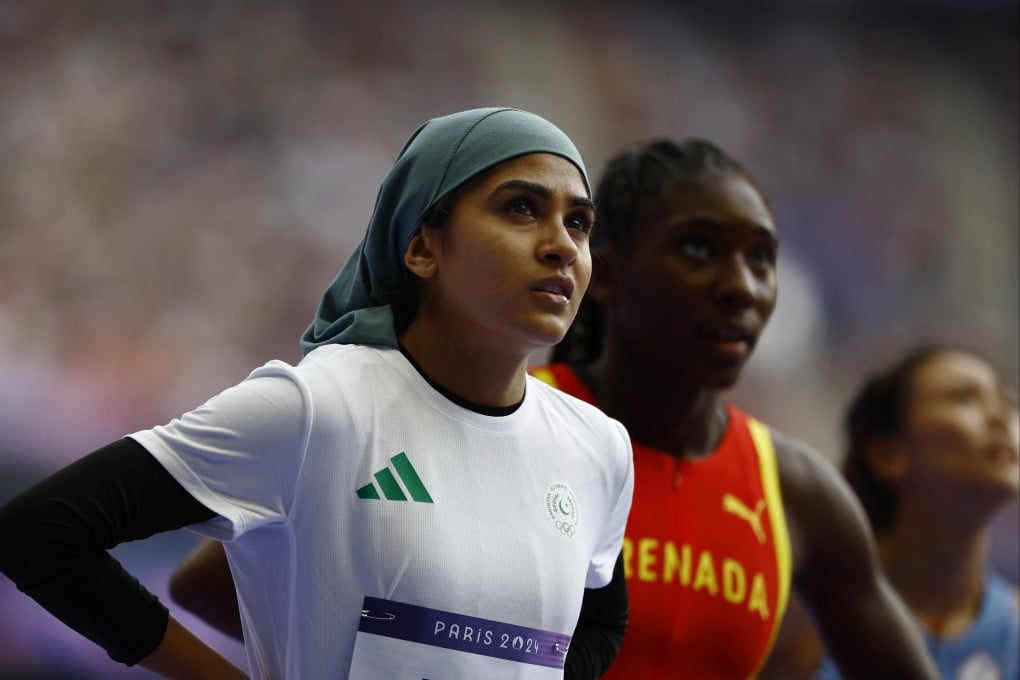Opinion | Pakistan’s Olympic team of 7 reflects its woeful lack of youth investment
- Despite a large population and history of excellence at sporting events, bureaucracy and instability hold back Pakistan’s athletic potential

This is shamefully low for a country which has 64 per cent of its population under the age of 30. Almost 30 per cent of the population is between the age of 15 and 29 years. A large proportion of Pakistan’s population is of prime sporting age, but this figure points towards youth having little to no sports opportunities.
Looking at Pakistan’s contingent at the 2024 Paris Olympics, one can only think how the cards are stacked against its athletes. Of its seven athletes, three of them were wild card entries through the Universality Place concession made to countries which have traditionally low representation at the Olympics.
While we may applaud these Olympians, we must note that their performances reflect the financing and training opportunities they were able to secure without government help. A culture of sports in which athletes must be able to afford facilities and training out of their own pocket is not a culture which should earn respect or encouragement.

